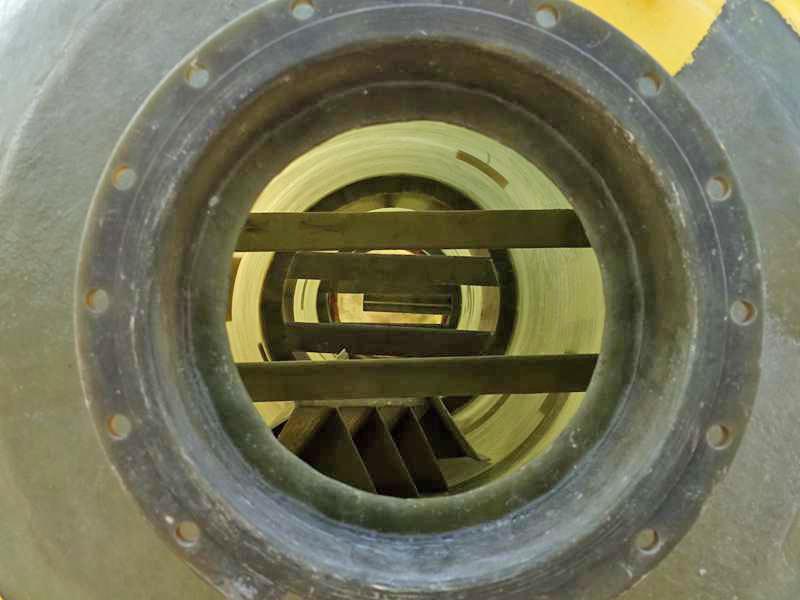
-
 Afrikaans
Afrikaans -
 Albanian
Albanian -
 Amharic
Amharic -
 Arabic
Arabic -
 Armenian
Armenian -
 Azerbaijani
Azerbaijani -
 Basque
Basque -
 Belarusian
Belarusian -
 Bengali
Bengali -
 Bosnian
Bosnian -
 Bulgarian
Bulgarian -
 Catalan
Catalan -
 Cebuano
Cebuano -
 China
China -
 China (Taiwan)
China (Taiwan) -
 Corsican
Corsican -
 Croatian
Croatian -
 Czech
Czech -
 Danish
Danish -
 Dutch
Dutch -
 English
English -
 Esperanto
Esperanto -
 Estonian
Estonian -
 Finnish
Finnish -
 French
French -
 Frisian
Frisian -
 Galician
Galician -
 Georgian
Georgian -
 German
German -
 Greek
Greek -
 Gujarati
Gujarati -
 Haitian Creole
Haitian Creole -
 hausa
hausa -
 hawaiian
hawaiian -
 Hebrew
Hebrew -
 Hindi
Hindi -
 Miao
Miao -
 Hungarian
Hungarian -
 Icelandic
Icelandic -
 igbo
igbo -
 Indonesian
Indonesian -
 irish
irish -
 Italian
Italian -
 Japanese
Japanese -
 Javanese
Javanese -
 Kannada
Kannada -
 kazakh
kazakh -
 Khmer
Khmer -
 Rwandese
Rwandese -
 Korean
Korean -
 Kurdish
Kurdish -
 Kyrgyz
Kyrgyz -
 Lao
Lao -
 Latin
Latin -
 Latvian
Latvian -
 Lithuanian
Lithuanian -
 Luxembourgish
Luxembourgish -
 Macedonian
Macedonian -
 Malgashi
Malgashi -
 Malay
Malay -
 Malayalam
Malayalam -
 Maltese
Maltese -
 Maori
Maori -
 Marathi
Marathi -
 Mongolian
Mongolian -
 Myanmar
Myanmar -
 Nepali
Nepali -
 Norwegian
Norwegian -
 Norwegian
Norwegian -
 Occitan
Occitan -
 Pashto
Pashto -
 Persian
Persian -
 Polish
Polish -
 Portuguese
Portuguese -
 Punjabi
Punjabi -
 Romanian
Romanian -
 Russian
Russian -
 Samoan
Samoan -
 Scottish Gaelic
Scottish Gaelic -
 Serbian
Serbian -
 Sesotho
Sesotho -
 Shona
Shona -
 Sindhi
Sindhi -
 Sinhala
Sinhala -
 Slovak
Slovak -
 Slovenian
Slovenian -
 Somali
Somali -
 Spanish
Spanish -
 Sundanese
Sundanese -
 Swahili
Swahili -
 Swedish
Swedish -
 Tagalog
Tagalog -
 Tajik
Tajik -
 Tamil
Tamil -
 Tatar
Tatar -
 Telugu
Telugu -
 Thai
Thai -
 Turkish
Turkish -
 Turkmen
Turkmen -
 Ukrainian
Ukrainian -
 Urdu
Urdu -
 Uighur
Uighur -
 Uzbek
Uzbek -
 Vietnamese
Vietnamese -
 Welsh
Welsh -
 Bantu
Bantu -
 Yiddish
Yiddish -
 Yoruba
Yoruba -
 Zulu
Zulu
fiberglass insulation tank
The Benefits of Fiberglass Insulation Tanks
In recent years, insulation technology has made significant strides, particularly in the realm of storage tanks. Among the various materials used for insulation, fiberglass has emerged as a leading choice. Fiberglass insulation tanks provide numerous benefits that enhance both efficiency and performance, making them an ideal solution for various industrial applications.
One of the primary advantages of fiberglass insulation is its exceptional thermal efficiency. Fiberglass materials exhibit low thermal conductivity, which means they can significantly reduce heat transfer. This characteristic is especially crucial for industries requiring temperature-controlled environments, such as food and beverage manufacturing, chemical processing, and oil storage. By minimizing heat exchange, fiberglass insulation tanks help maintain the desired temperature, ultimately resulting in reduced energy expenses and lower operational costs.
Moreover, fiberglass insulation tanks are known for their durability and resistance to corrosion. Unlike traditional metals, fiberglass does not rust or degrade when exposed to harsh chemicals or environmental conditions. This durability extends the lifespan of the storage tank and minimizes maintenance requirements. In industries where tank integrity is vital, such as in the storage of corrosive substances, using fiberglass insulation can mitigate the risk of leaks and failures, ensuring safety and operational reliability.
fiberglass insulation tank

In addition to their practical applications, fiberglass insulation tanks also promote enhanced sustainability. With the growing emphasis on environmental responsibility, many industries are seeking to reduce their ecological footprint. Insulating tanks with fiberglass can lead to significant energy savings, thereby lowering greenhouse gas emissions. By streamlining energy consumption, companies can meet regulatory requirements and contribute to wider sustainability goals.
Furthermore, the installation process of fiberglass insulation tanks is often less complicated compared to other materials. Fiberglass is lightweight, which makes transporting and installing these tanks more manageable. This can lead to reduced labor costs and faster project timelines, providing additional value to businesses that rely on timely operations.
Another noteworthy benefit of fiberglass insulation tanks is their versatility. They can be custom-designed to meet specific project requirements, accommodating various sizes and shapes. This flexibility allows businesses across different sectors to implement the most effective insulation solutions tailored to their unique needs.
In conclusion, fiberglass insulation tanks offer a myriad of benefits, including superior thermal efficiency, corrosion resistance, sustainability, ease of installation, and versatility. As industries continue to prioritize energy efficiency and environmental responsibility, fiberglass insulation will undoubtedly play a crucial role in the evolving landscape of storage solutions. Investing in fiberglass insulation tanks not only aids in operational efficiencies but also aligns with the global push towards a more sustainable future.









